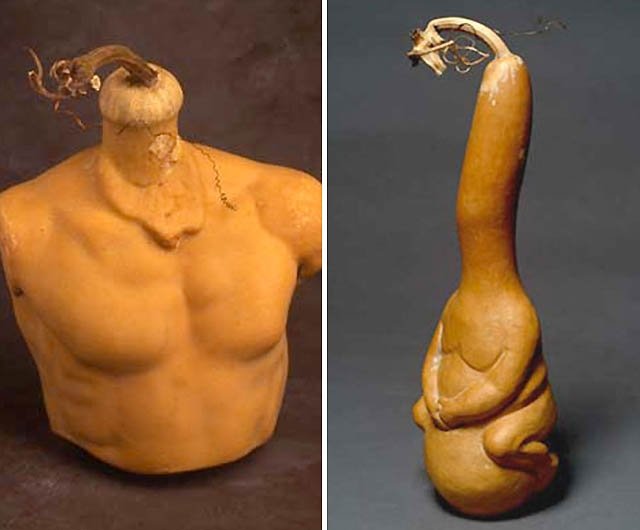|
|
Plants Used By People
|
The two groups of green algae are the closest relatives of land plants (embryophytes). The first of these groups is the Charophyta (desmids and stoneworts), from which the embryophytes developed. The sister group to the combined embryophytes and charophytes is the other group of green algae, Chlorophyta, and this more inclusive group is collectively referred to as the green plants or Viridiplantae. The Kingdom Plantae is often taken to mean this monophyletic grouping. With a few exceptions among the green algae, all such forms have cell walls containing cellulose, have chloroplasts containing chlorophylls a and b, and store food in the form of starch. They undergo closed mitosis without centrioles, and typically have mitochondria with flat cristae.
The chloroplasts of green plants are surrounded by two membranes, suggesting they originated directly from endosymbiotic cyanobacteria. The same is true of two additional groups of algae: the Rhodophyta (red algae) and Glaucophyta. All three groups together are generally believed to have a common origin, and so are classified together in the taxon Archaeplastida. In contrast, most other algae (e.g. heterokonts, haptophytes, dinoflagellates, and euglenids) have chloroplasts with three or four surrounding membranes. They are not close relatives of the green plants, presumably acquiring chloroplasts separately from ingested or symbiotic green and red algae.
• Fungi
The classification of fungi has been controversial until quite recently in the history of biology. Linnaeus' original classification placed the fungi within the Plantae, since they were unquestionably not animalian; this being the only other alternative. With later developments in microbiology, in the 19th century Ernst Haeckel felt that a third kingdom was required to classify newly discovered micro-organisms. The introduction of the new kingdom Protista as an alternative to Animalia, led to uncertainty as to whether fungi truly were best placed in the Plantae or whether they ought to be reclassified as protists. Haeckel himself found it difficult to decide and it was not until 1969 that a solution was found whereby Robert Whittaker proposed the creation of the kingdom Fungi. Molecular evidence has since shown that the concestor (last common ancestor) of the Fungi was probably more similar to that of the Animalia than of any other kingdom, including the Plantae.
|
|









